The one health network
About us
About ADAPT
Though African institutions have demonstrated the capacity to identify and control outbreaks of communicable diseases, communicable disease prevention and management – particularly with regard to antimicrobial resistance (AMR, a predominant global health threat) and neglected tropical diseases (NTDs), as well as to NTD co-infections and drug-resistant bacteria – remain a significant challenge across sub-Saharan Africa (the region with the highest AMR burden in the world). To best understand and address AMR, it is necessary to trace the linkages and transmission among humans, animals, and the environment via a One Health approach. The mission of this project is to build capacity across seven countries of sub-Saharan Africa in order to improve the management of AMR and NTDs and the stewardship of antimicrobials using a One Health approach in partnership with state, local, and regional stakeholders.
ADAPT Governance Structure
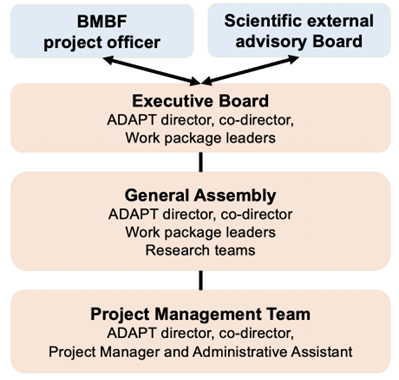
Film
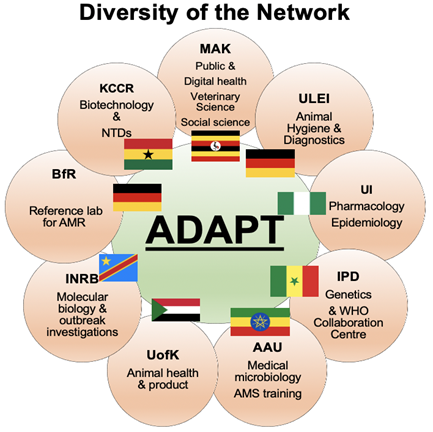
Our partners
Academic and research institutions from the 8 participating countries (Uganda, Senegal, Ghana, Nigeria, Democratic Republic of the Congo, Ethiopia, Sudan and Germany) of this Project will investigate and sustainably develop the local capacity to identify and intervene with a diverse range of biomedical and sociocultural factors impacting human, animal, and environmental health in sub-Saharan African settings, in order to better control AMR and NTDs (particularly helminthic infections).
Collaboration with:
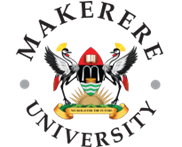
Makerere University (MAK), Uganda
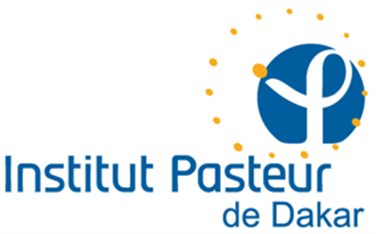
Institut Pasteur de Dakar (IPD), Senegal

Kumasi Centre for Collaborative Research in Tropical Medicine (KCCR), Ghana
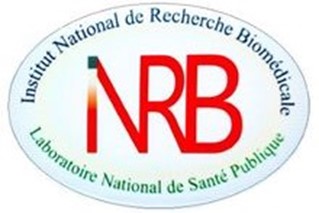
Institut National de Recherche Biomédicale (INRB), Democratic Republic of the Congo

University of Khartoum (UofK), Sudan

Institute of Animal Hygiene and Veterinary Public Health, Leipzig University (ULEI), Germany
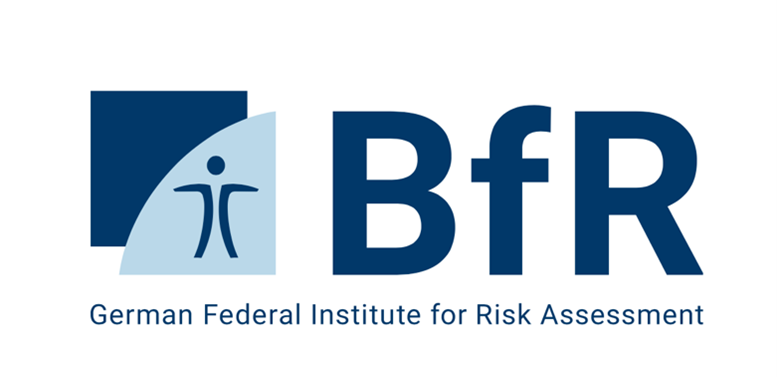
German Federal Institute for Risk Assessment (BfR), Germany


